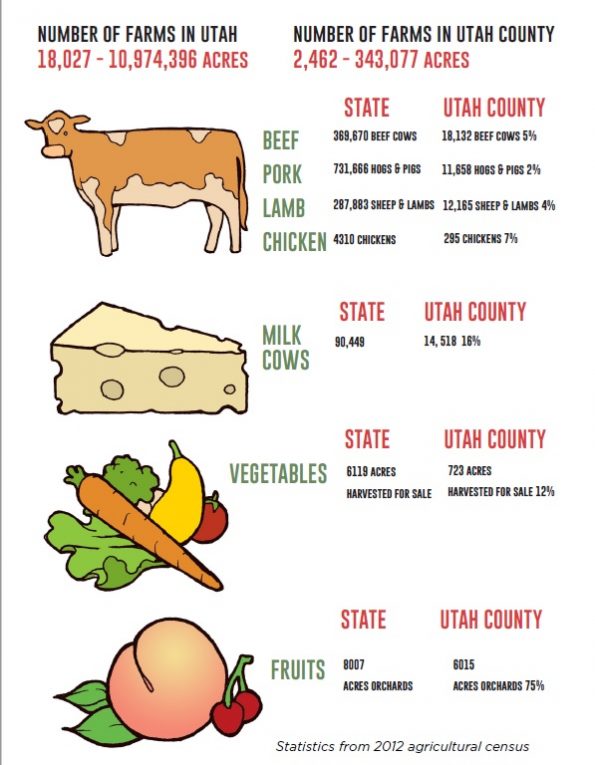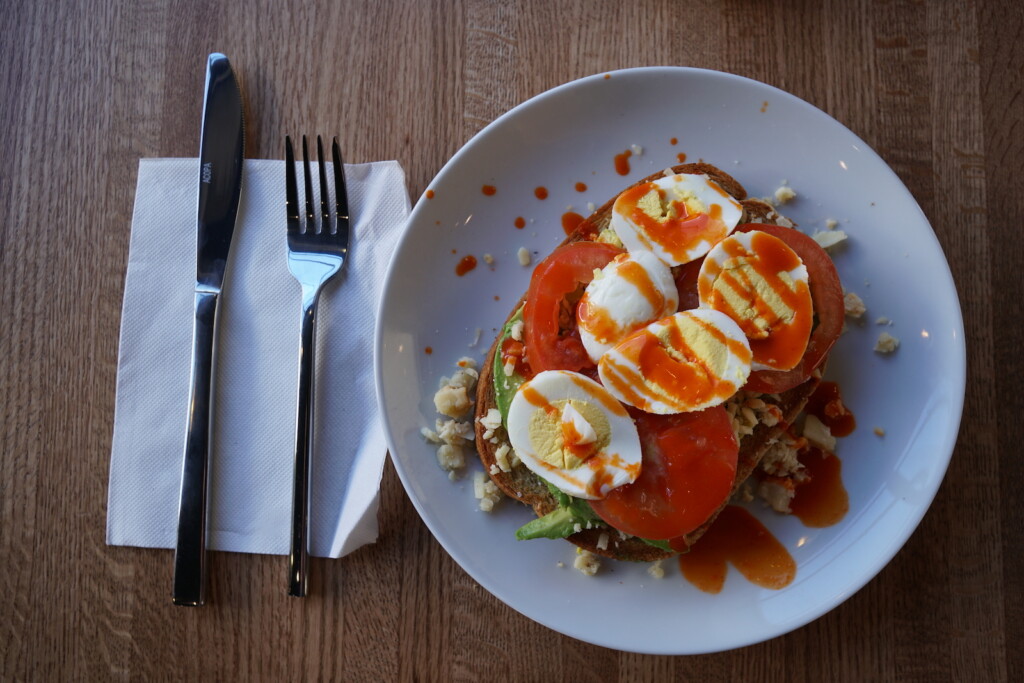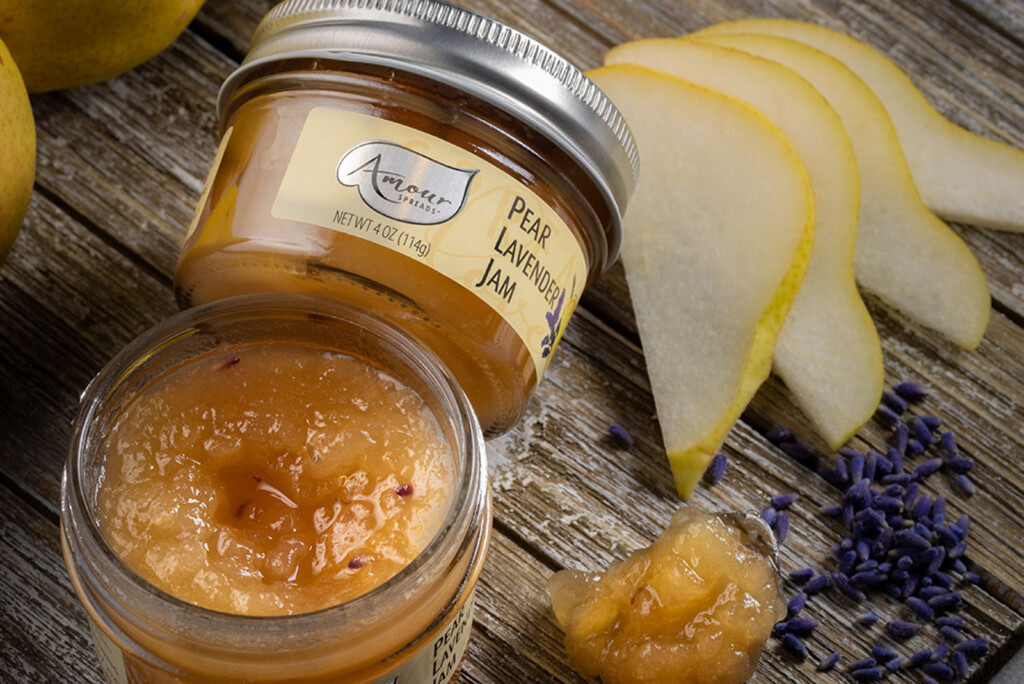
Utah is the third fastest growing state in the country and Utah County is the fastest growing county in the state. How do we maintain this population growth and still maintain our high standard of living by preserving open space, clear air and a local food supply?
Utah’s population is predicted to double by 2050 and the populace has to live somewhere. Right now, the rate of farmland displaced for development is high.
Envision Utah found that between 1988 and 2008, Utah, Davis, Salt Lake and Weber Counties had farmland displaced by development to the tune of 135,000 acres (211 square miles). And they project that in the entire state between 1988 and 2033, an additional 315,000 acres (492 square miles) will be developed.
One contributing aspect, according to Larry Lewis, Public Information Officer for the Utah Department of Agriculture and Food, is that “people in Utah tend to want large lots — ¼ to ½ of an acre. UDAF, and others who care about farms, propose smaller lots and denser housing.”
Lewis goes on to say that Utah County is number one in the state for agriculture production (per value of product grown), but is also one of the fastest growing counties in the state.
The Utah County Commission is concerned and have come up with ways to protect farmland in the county. One is a cluster development strategy, or the economic development of business centers. By clustering development, or encouraging builders to build up rather than out, room is left for farmland that will then be protected.
Two ways Utah County and other areas in Utah have developed to protect farms are:
- Transfer of development rights: Instead of developing on farm areas, this plan gives developers the right to build elsewhere inside metro areas.
- Easements: Allows a farmer to sell development rights, keep his land, and get paid 80% of the commercial value of the land up front. The deed is then worded so that farmland cannot be developed. From then on, the land can only be farmed. If a farmer subsequently sells, it would be at the agriculturally assessed value.
Mapleton, Utah, has taken advantage of transfer of development and has saved 100 acres since 1998. According to Lewis, West Valley City also uses transfer of development to good effect.
Lewis sums it up this way; “The best way for farmers to prosper is to make it profitable for those who own the land.”





